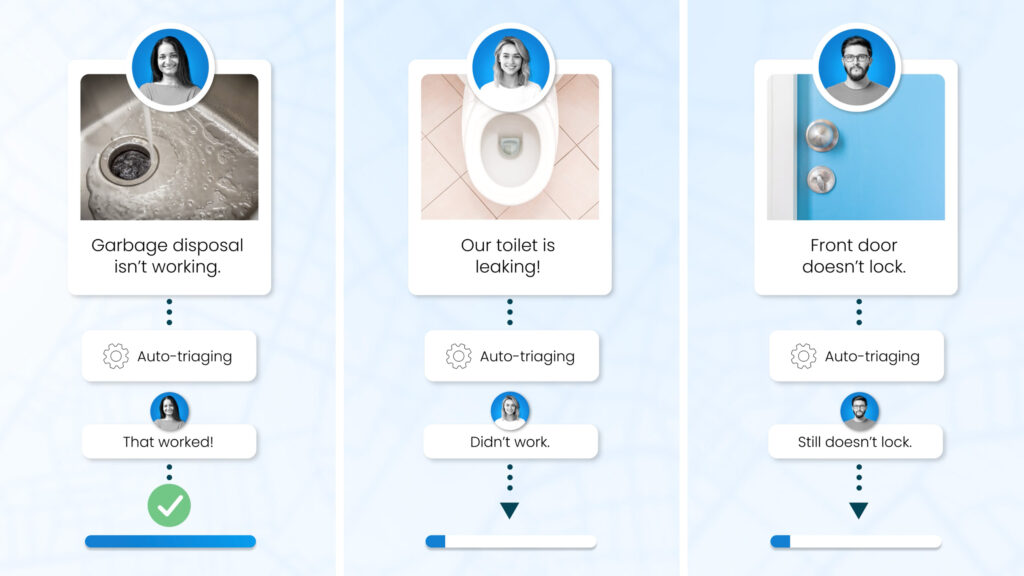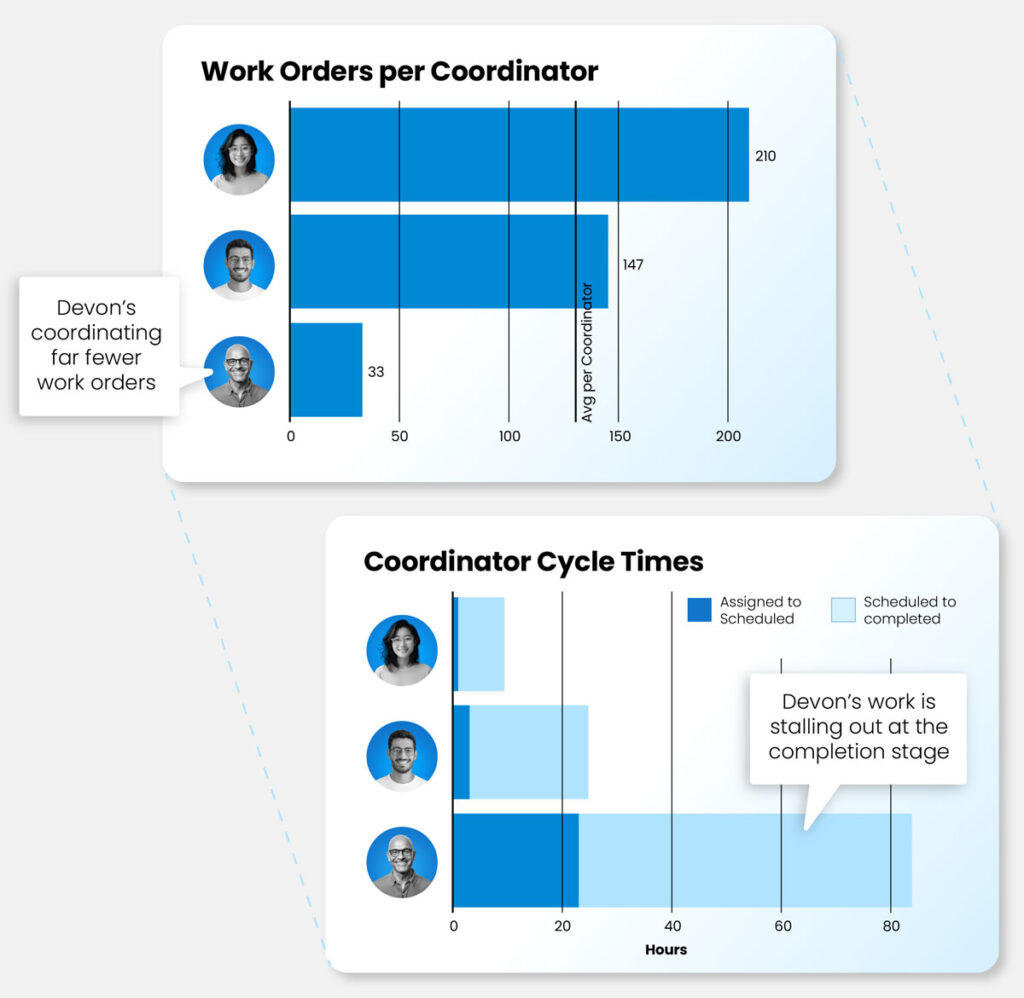In the competitive world of property management, balancing the need for high quality service with cost efficiency is paramount. One of the key areas where property managers can make a significant impact is in maintenance management. By optimizing maintenance processes, property managers can not only lower costs but also increase profits, thereby fulfilling their primary responsibility to property owners. Understanding and executing the property manager responsibilities effectively is essential for achieving these goals.
Property Managers’ Responsibility to Their Owners
Property managers have a fundamental duty to protect and enhance the value of the properties they manage. This includes ensuring the property is well maintained, residents are satisfied, and the property generates a steady income. Efficient maintenance management plays a critical role in achieving these objectives. By lowering maintenance costs and increasing operational efficiency, property managers can deliver higher returns on investment for property owners.
Streamlining Maintenance Processes
One of the most effective ways property managers can lower maintenance costs is by streamlining their maintenance processes. This involves adopting best practices and leveraging technology to enhance efficiency and reduce waste.

1. Implementing Preventative Maintenance
Preventative maintenance is a proactive approach that involves regular inspections and upkeep to prevent issues from becoming costly problems. By scheduling routine maintenance tasks, property managers can address potential issues before they escalate, thereby reducing the need for expensive emergency repairs.
- Scheduling Regular Inspections: Conducting regular inspections of key systems and structures helps identify and address minor issues early. This can include checking HVAC systems, plumbing, electrical systems, and structural components.
- Using Technology for Scheduling: Utilizing property management software like Property Meld can simplify the scheduling and tracking of preventative maintenance tasks. Automated reminders and centralized task management ensure that no maintenance task is overlooked.
2. Leveraging Data and Analytics
Data driven decision making can significantly improve maintenance efficiency. By analyzing maintenance data, property managers can identify patterns and trends that inform better resource allocation and planning.
- Tracking Maintenance History: Maintaining detailed records of past maintenance activities helps in understanding recurring issues and planning future maintenance more effectively.
- Predictive Maintenance: Using data analytics to predict when systems are likely to fail allows property managers to perform maintenance just in time, preventing breakdowns and minimizing costs.
3. Optimizing Vendor Relationships
Working with reliable and cost effective vendors is crucial for efficient maintenance management. Property managers should establish strong relationships with trusted vendors to ensure quality work at competitive prices.
- Negotiating Contracts: Regularly reviewing and negotiating vendor contracts can lead to better pricing and service terms.
- Creating a Preferred Vendor List: Developing a list of preferred vendors who have consistently delivered good service can streamline the maintenance process and reduce costs.
Enhancing Team Efficiency
Increasing the efficiency of the maintenance team is another critical aspect of lowering maintenance costs. An efficient team can complete tasks more quickly and with higher quality, reducing the need for repeat work and minimizing downtime.

1. Training and Development
Investing in the training and development of the maintenance team can yield significant returns in terms of efficiency and quality of work.
- Regular Training Sessions: Providing ongoing training for maintenance staff ensures they are up to date with the latest techniques and technologies.
- Cross Training: Cross training team members on various tasks can provide flexibility and ensure that work continues smoothly even if some team members are unavailable.
2. Utilizing Technology
Modern technology offers numerous tools that can help increase the efficiency of maintenance operations.
- Mobile Apps for Work Orders: Using mobile apps like Property Meld allows maintenance technicians to receive, update, and complete work orders in real time, reducing delays and improving communication.
- Automated Scheduling: Automated scheduling tools ensure that maintenance tasks are assigned promptly and efficiently, maximizing the use of available resources.
3. Performance Monitoring and Feedback
Regular performance monitoring and feedback can help identify areas for improvement and recognize high performing team members.
- Setting Clear KPIs: Establishing clear key performance indicators (KPIs) helps in tracking the efficiency and effectiveness of the maintenance team.
- Providing Feedback: Regular feedback sessions help in addressing any issues promptly and encourage continuous improvement.
The responsibility of property managers to their owners is to manage properties in a way that maximizes profitability while maintaining high standards of service. By focusing on lower maintenance costs and increased profits through streamlined processes, enhanced team efficiency, and leveraging technology, property managers can achieve these goals.






